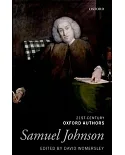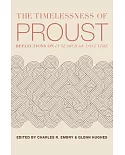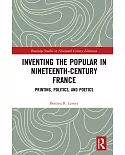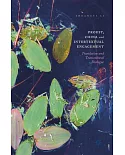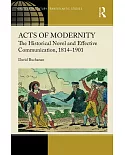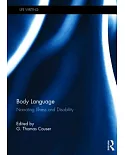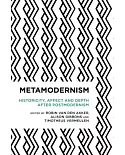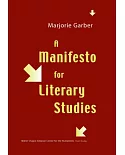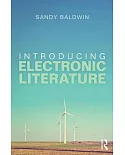The genre of pastoral romance flourished dramatically in Renaissance England between 1590 and 1650. One of its key elements is that it is the daughter, not the son, of the gentle family who
increasingly becomes the subject of the romance's attempt to define and illustrate heroism. The pastoral heroine's task is paradoxical: to break out of her pastoral paradise in order to ensure
its reconstitution. She is the princess, the shepherdess, the Lady, or the virtuous daughter who becomes a repository of honor and virtue in a changing society where traditional chivalric
definitions of honor hold decreasing purchase. This groundbreaking book examines the typical challenges faced by the pastoral romance heroine as she matures within the pastoral locus amoenus:
the foundling dilemma; the loop-shaped quest: the rhetorical battle; the chastity threat; the reconciliation of beauty to virtue; and familial reunification. It illustrates how the allegorical,
symbolic, and psychological characterizations of pastoral heroines in the works of Sidney, Spenser, Wroth, Fletcher, Milton, and Marvell anticipate developments in the representation of female
subjectivities normally associated with the novel. SUE P. STARKE is Associate Professor of English at Monmouth University, New Jersey.





